Important Sustainable Landscaping Tips for Homeowners

Sustainable landscaping is more than just a trend; it’s a commitment to preserving our planet for future generations. Homeowners are increasingly recognizing the importance of creating outdoor spaces that not only look beautiful but also support local ecosystems and conserve resources. From installing bird gutter guards to protect wildlife and prevent debris buildup to planting native species and exploring water-efficient gardening techniques, every small change contributes to a larger impact.
With simple yet effective strategies, you can transform your yard into an eco-friendly oasis. Ready to dig in? Let’s explore essential sustainable landscaping tips that will help you cultivate a greener home environment while enhancing your property’s charm.
Choose Native Plants
Choosing native plants is one of the easiest ways to promote sustainability in your garden. These species are adapted to your local climate, soil, and wildlife. This means they require less water and fewer resources to thrive. Native plants attract beneficial pollinators like bees and butterflies, fostering biodiversity right in your backyard. They also provide habitat for birds and other wildlife, creating a thriving ecosystem. By planting natives, you reduce the need for chemical fertilizers and pesticides that can harm both the environment and your health. Plus, these plants often have beautiful blooms that enhance the aesthetic appeal of any landscape.
Implement Xeriscaping Techniques

Xeriscaping is a smart approach to landscaping that conserves water without sacrificing beauty. By focusing on drought-resistant plants, homeowners can create lush gardens that thrive in arid conditions. Start by selecting plants suited for your climate. Native species often require less water and are more adaptable to local environments. Grouping these plants together not only looks appealing but also maximizes moisture retention. Incorporating mulch helps maintain soil temperature and reduces evaporation. It’s an easy way to keep weeds at bay while benefiting the garden.
Opt for Organic Gardening Practices
When it comes to gardening, organic practices make a significant difference. They promote healthier soil and reduce chemical runoff. This not only benefits your plants but also the local ecosystem. Start by using natural fertilizers like compost or well-rotted manure. These enrich the soil with essential nutrients without the harsh chemicals found in synthetic options. Pest control can be tackled through companion planting or introducing beneficial insects like ladybugs. These methods are effective and environmentally friendly.
Create a Rain Garden

A rain garden is a wonderful addition to any landscape. It’s designed to capture and manage stormwater runoff. This helps reduce erosion and pollution in nearby waterways. To start, choose a low-lying area of your yard that tends to collect water after heavy rains. Dig out a shallow depression where the water can pool temporarily. Next, layer in soil that promotes drainage. Native plants thrive here; they require less maintenance and attract local wildlife. Their deep roots help absorb excess water effectively.
Sustainable landscaping is not just a trend; it’s a lifestyle choice that benefits you and the environment. By incorporating native plants, you’ll create a habitat for local wildlife while enjoying reduced maintenance. Xeriscaping techniques can save water and time, making your garden more efficient. Making these changes may seem small but can have a significant impact on our planet’s health. Start with one or two tips from this guide and see how they transform your outdoor space into an eco-friendly haven. Your garden will flourish, and so will the environment around it.…





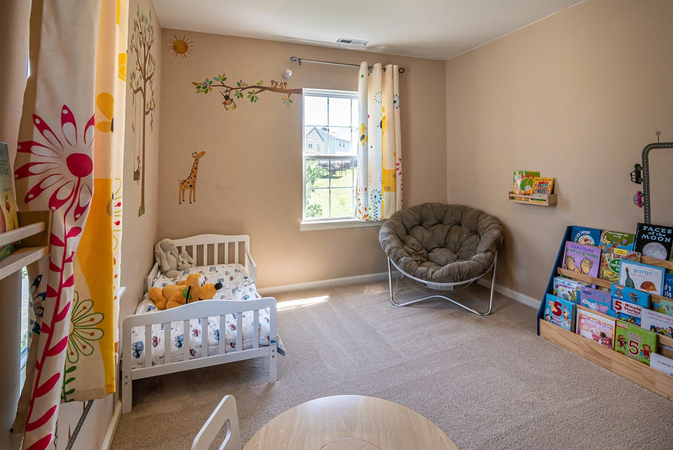


 When searching for the right architect, experience is key. An architect with years in the field brings valuable insights that can enhance your project. They’ve navigated various challenges and developed solutions that a newcomer might not anticipate. Specialization also matters. Some architects focus on residential buildings, while others may excel in commercial spaces or sustainable design.
When searching for the right architect, experience is key. An architect with years in the field brings valuable insights that can enhance your project. They’ve navigated various challenges and developed solutions that a newcomer might not anticipate. Specialization also matters. Some architects focus on residential buildings, while others may excel in commercial spaces or sustainable design. Effective communication is the backbone of any successful architectural project. An architect should convey ideas clearly and listen actively to your vision and concerns. Look for someone who encourages open dialogue. They should be approachable, making it easy for you to ask questions or share thoughts throughout the process. Regular updates are crucial as well. An architect who keeps you informed about progress, challenges, and changes helps build trust and ensures that everyone is on the same page.
Effective communication is the backbone of any successful architectural project. An architect should convey ideas clearly and listen actively to your vision and concerns. Look for someone who encourages open dialogue. They should be approachable, making it easy for you to ask questions or share thoughts throughout the process. Regular updates are crucial as well. An architect who keeps you informed about progress, challenges, and changes helps build trust and ensures that everyone is on the same page.



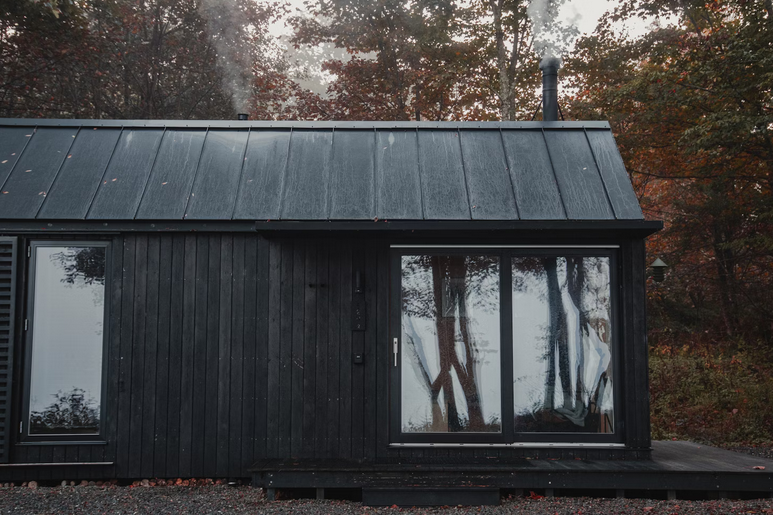


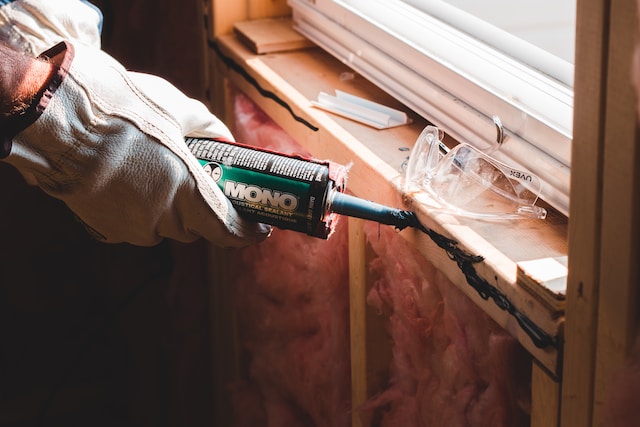







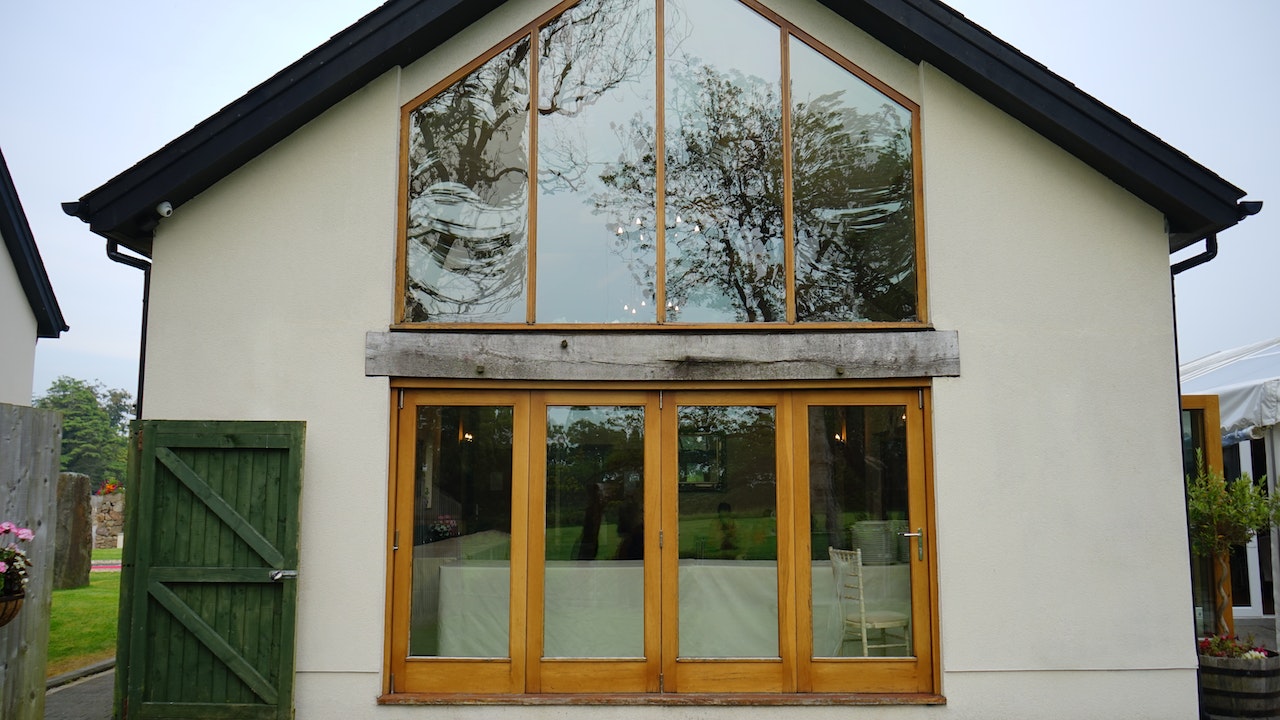
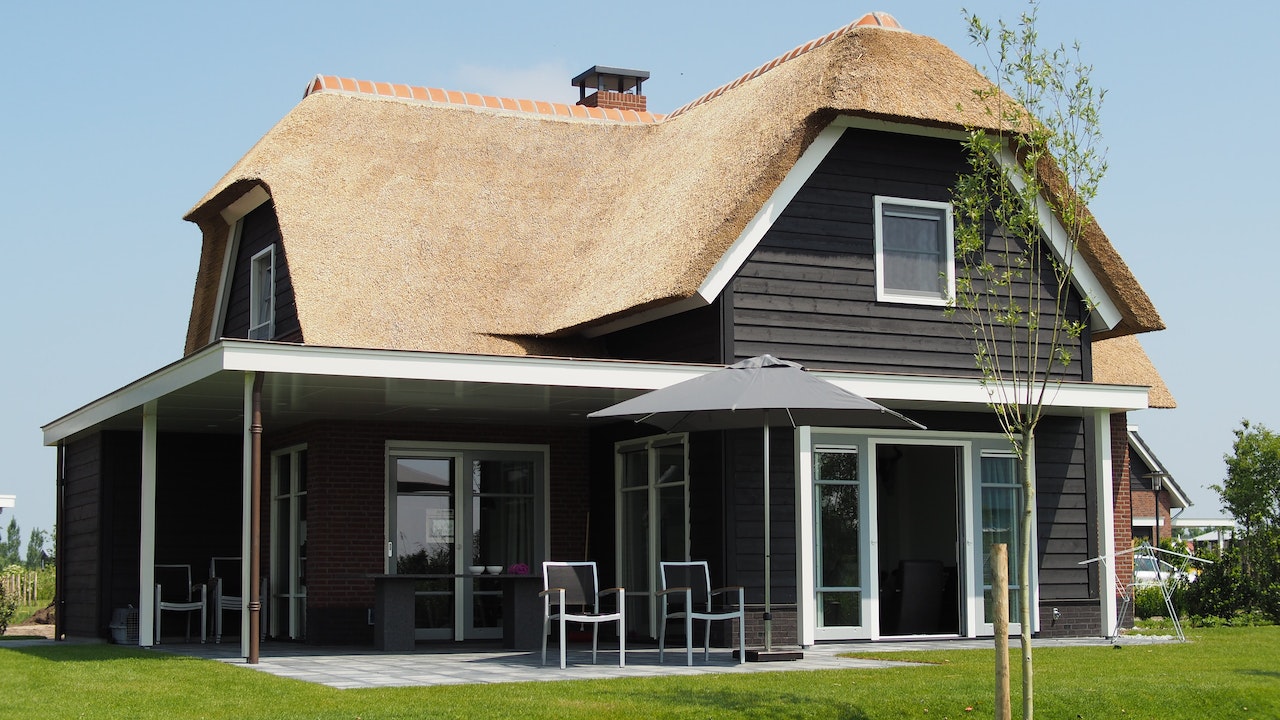


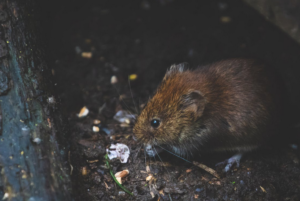 Pest control is an often-overlooked aspect of home maintenance. Many homeowners tend to ignore the presence of pests until it’s too late, and they’ve already caused significant damage to their property. Pests such as rodents, termites, cockroaches, and ants can invade your home undetected and cause havoc if not dealt with in time. One way to prevent pest infestations is by sealing all entry points into your home. This includes cracks in walls or floors, gaps around doors or windows, and holes in the roof. Keep food containers tightly sealed tightly and regularly remove garbage to avoid attracting pests.
Pest control is an often-overlooked aspect of home maintenance. Many homeowners tend to ignore the presence of pests until it’s too late, and they’ve already caused significant damage to their property. Pests such as rodents, termites, cockroaches, and ants can invade your home undetected and cause havoc if not dealt with in time. One way to prevent pest infestations is by sealing all entry points into your home. This includes cracks in walls or floors, gaps around doors or windows, and holes in the roof. Keep food containers tightly sealed tightly and regularly remove garbage to avoid attracting pests.
 Yes, most of the time, homeowners feel like they’ve done much to the house, thinking it should be priced much higher. Unfortunately, this is not the case. If it’s overpriced, your home won’t get any serious buyers, and the sale will take longer than expected. To prevent this from happening, you can use tools such as a CMA (Competitive Market Analysis) to compare the prices of similar homes in your area to help get your price right.
Yes, most of the time, homeowners feel like they’ve done much to the house, thinking it should be priced much higher. Unfortunately, this is not the case. If it’s overpriced, your home won’t get any serious buyers, and the sale will take longer than expected. To prevent this from happening, you can use tools such as a CMA (Competitive Market Analysis) to compare the prices of similar homes in your area to help get your price right. Even if we think we’ve done everything right in the sale of our homes, sometimes the market isn’t ready for it. As such, you can’t really do anything about it but wait until the market picks up again. However, there are things that you can do to make sure your home is in its best condition so buyers will be more likely to bid on it once the market starts to move again. For example, you can sell it to an investor or offer incentives to buyers such as reduced closing costs, making repairs before the sale, and providing a home warranty.
Even if we think we’ve done everything right in the sale of our homes, sometimes the market isn’t ready for it. As such, you can’t really do anything about it but wait until the market picks up again. However, there are things that you can do to make sure your home is in its best condition so buyers will be more likely to bid on it once the market starts to move again. For example, you can sell it to an investor or offer incentives to buyers such as reduced closing costs, making repairs before the sale, and providing a home warranty.


 One of the first things you should install in your new home is a hot water system. This is essential for any household, and it will make your life a lot easier. There are many different types of hot water systems on the market, so be sure to do your research before making a purchase. There are places in which hot waters are very popular.
One of the first things you should install in your new home is a hot water system. This is essential for any household, and it will make your life a lot easier. There are many different types of hot water systems on the market, so be sure to do your research before making a purchase. There are places in which hot waters are very popular.  The last thing to install in your home is home security systems. Installing a home security system is one of the best things you can do for your new home. A home security system will deter burglars and give you peace of mind. There are many different types of home security systems on the market, so be sure to find one that meets your needs. You can even get home security systems that a professional company monitors. This is a great option if you want the added security of knowing someone is keeping an eye on your home.
The last thing to install in your home is home security systems. Installing a home security system is one of the best things you can do for your new home. A home security system will deter burglars and give you peace of mind. There are many different types of home security systems on the market, so be sure to find one that meets your needs. You can even get home security systems that a professional company monitors. This is a great option if you want the added security of knowing someone is keeping an eye on your home.
 One of the main benefits of investing in pre-construction condos is the extended deposit structure. Unlike purchasing an existing home, where you are required to pay a large down payment upfront, with pre-construction condos, you can spread your deposits out throughout the construction process. This makes it much easier to come up with the necessary funds, and it also gives you more time to save. In addition, the deposit structure for pre-construction condos is often much more flexible than that of an existing home.
One of the main benefits of investing in pre-construction condos is the extended deposit structure. Unlike purchasing an existing home, where you are required to pay a large down payment upfront, with pre-construction condos, you can spread your deposits out throughout the construction process. This makes it much easier to come up with the necessary funds, and it also gives you more time to save. In addition, the deposit structure for pre-construction condos is often much more flexible than that of an existing home. Investing in pre-construction condos is also a great way to get a brand-new home. When you purchase an existing home, you are often stuck with whatever features and amenities it already has. With a pre-construction condo, you can choose the specific unit that you want and customize it to your liking. It means that you can have exactly the home that you have always wanted without having to settle for something less than perfect.
Investing in pre-construction condos is also a great way to get a brand-new home. When you purchase an existing home, you are often stuck with whatever features and amenities it already has. With a pre-construction condo, you can choose the specific unit that you want and customize it to your liking. It means that you can have exactly the home that you have always wanted without having to settle for something less than perfect.
 One of the most obvious ways to make your home more musical is to play
One of the most obvious ways to make your home more musical is to play  Hanging a mirror opposite the door is another excellent way to make your home more musical. Mirrors reflect sound, so they can help to amplify the music in your home and make the room feel larger. This is an excellent tip if you have a small room that you want to make appear more significant.
Hanging a mirror opposite the door is another excellent way to make your home more musical. Mirrors reflect sound, so they can help to amplify the music in your home and make the room feel larger. This is an excellent tip if you have a small room that you want to make appear more significant.
